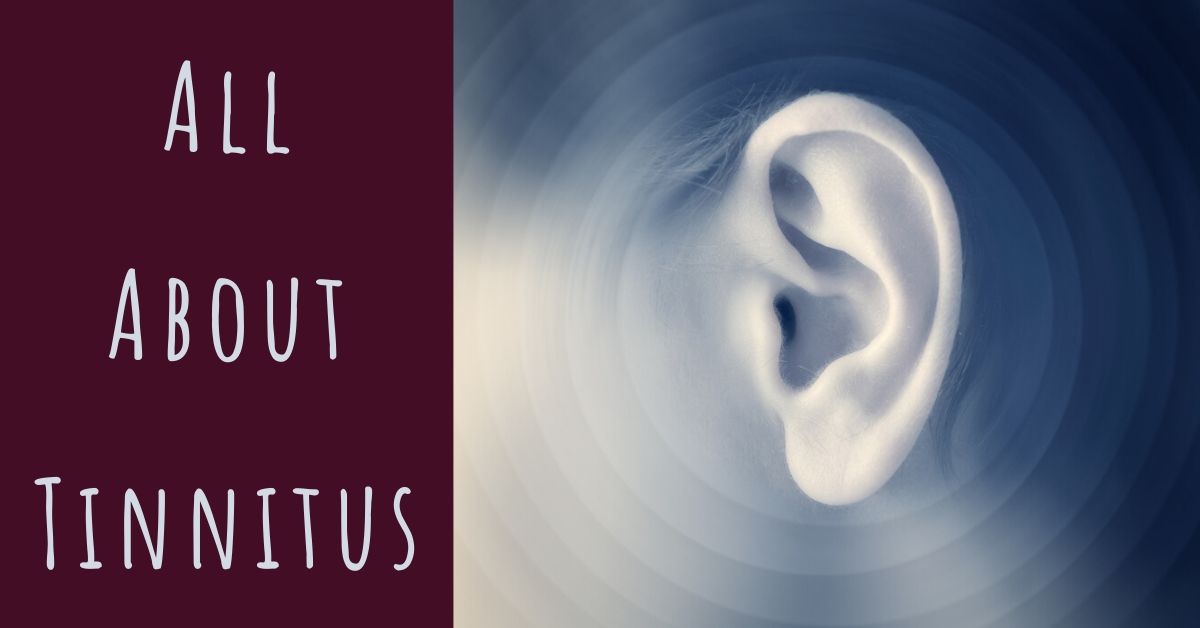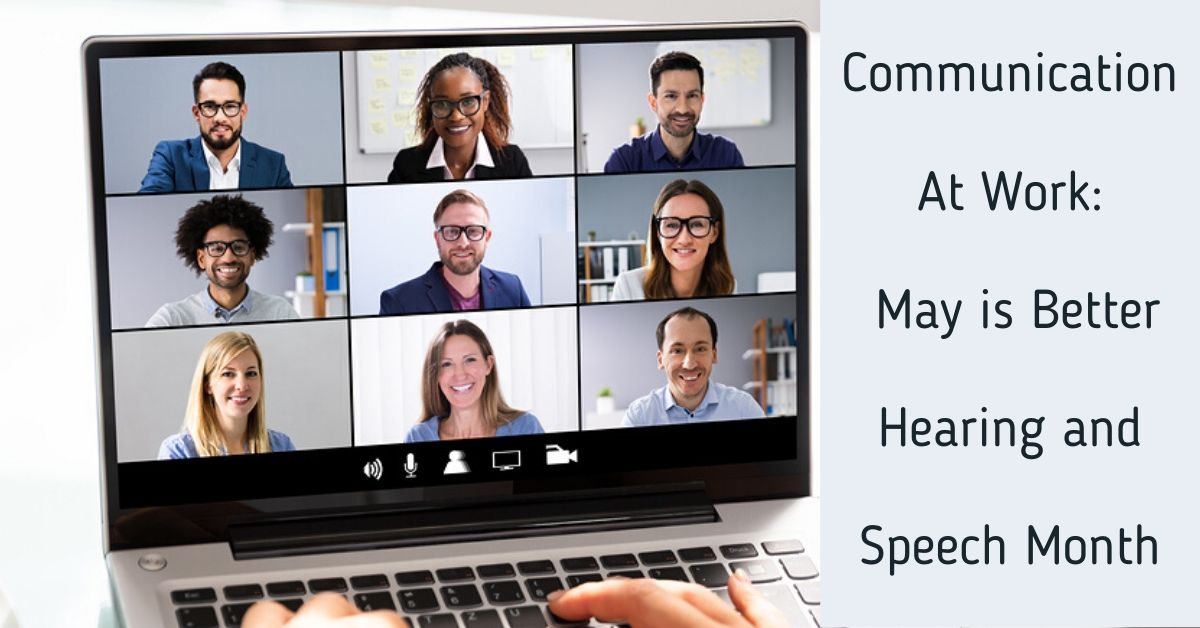

Discussing your hearing loss with others can be challenging! There is often societal stigma associated with different abilities so sharing that you have impaired hearing, even with friends and family, can feel daunting. Though it is not always easy, the way you disclose your hearing loss to people significantly impacts your experience. How you talk about this new condition can be incredibly helpful or potentially harmful to navigating daily life with impaired hearing.
This was the subject of a critical study published in the Ear and Hearing Journal in 2016. Researchers at Massachusetts Eye and Ear sought out to study the decision-making process in disclosing hearing loss. To do so, they had 337 people respond to a survey about their self-disclosure and analyzed the data. The findings revealed three main strategies people used to share their hearing loss and the impact their disclosure method had on their experience.
This strategy is choosing to not tell others about your hearing loss. The stigma associated with hearing loss can cause people to be in denial, be afraid to tell others, feel embarrassed etc. The research found that this group did not acknowledge their hearing loss and/or refused to talk about it. They deflected responsibility and relied on asking others to repeat themselves or speak louder, often using phrases like, “I can’t hear you, please speak louder”. Nondisclosures experienced more isolation, stress, and reduced well-being.
As revealed in this study, not telling others about your hearing loss can have severe effects including:
This method involves sharing your hearing loss with people you are close with. Basic disclosure shares details of hearing loss such as: causes of your specific hearing impairment, how it impacts you, and what others can do to best accommodate your hearing needs. But this information is shared with people you trust. This provides support from family and friends and improves communication. However, because hearing loss is only disclosed to people who are close, navigating hearing loss at work and in busy environments can be difficult.
Researchers identified this strategy as the most effective. It involves sharing hearing loss as well as useful ways to communicate. This method requires direct and open communication in addition to being well informed about one’s hearing loss. People who used multipurpose disclosure were better able to adjust and navigate with hearing loss, experienced better communication, and supportive relationships. They are the likeliest to treat hearing loss sooner by using hearing aids and taking the measures to protect their hearing health. Researchers found that that women were more likely to be multipurpose disclosures and experience greater support, assistance, and communication. Women were twice as likely than men who were mostly basic disclosures.
Researchers recommended sharing these strategies with people navigating hearing loss because they are significantly impactful. Multipurpose disclosure, being the best option, is a strategy that supports open communication and prioritizes your hearing health needs. This method encourages seeking treatment and using hearing aids which has improved one’s quality of life. Being open about hearing loss can help you integrate with greater ease and live a more fulfilling life!